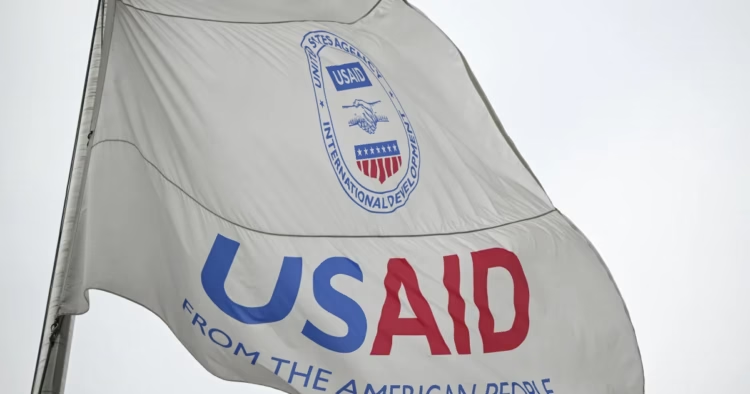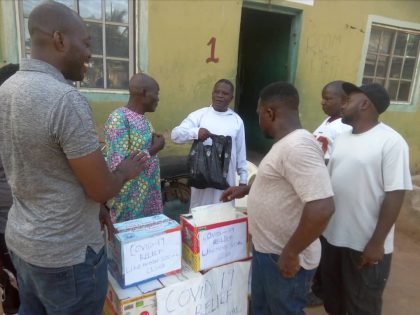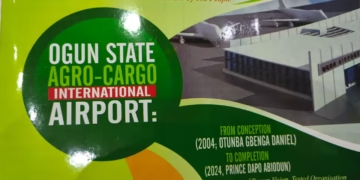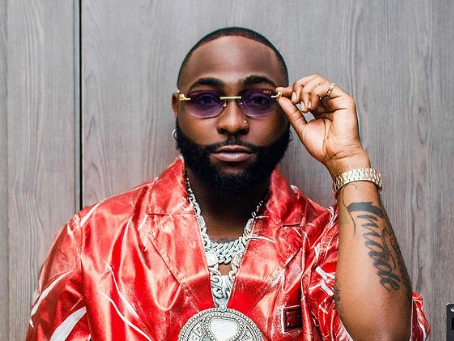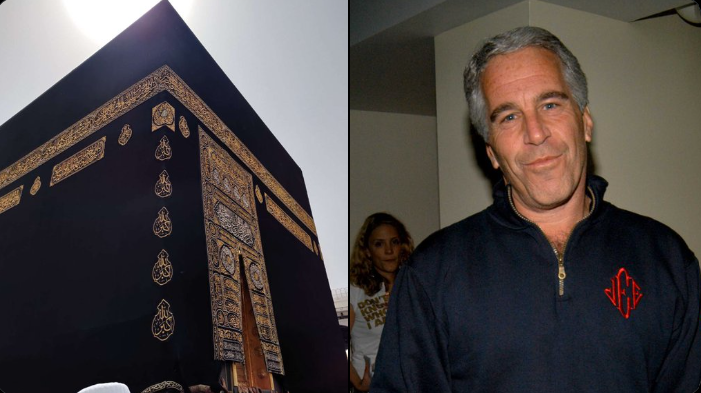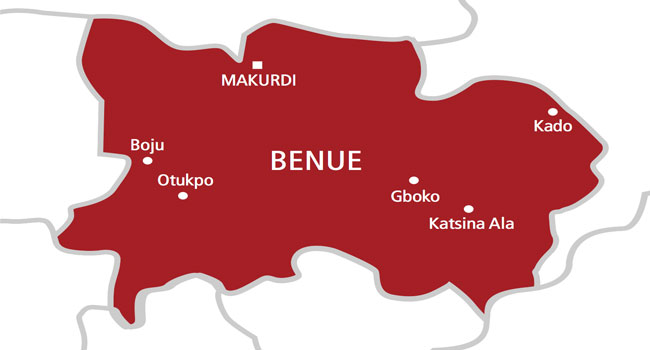Nigeria USAID aid 2024 faces uncertainty after Trump’s aid freeze, disrupting health, security, and economic projects across key sectors
Nigeria USAID aid 2024 has encountered a major blow following the 90-day suspension of foreign assistance programmes ordered by former US President Donald Trump in January 2025
Also read: EU steps in to fund disability rights after USAID cut
The executive order, which mandated a full review of American aid spending, has thrown Nigeria’s health, economic, and security projects into uncertainty.
According to the Africa Sustainable Development Report 2025, Nigeria was the third-largest African recipient of USAID assistance in 2024, receiving a total of $876 million.
The Democratic Republic of Congo topped the chart with $1.3 billion, followed by Ethiopia with $1.25 billion. Despite the impressive figure, Nigeria’s aid represented only 0.21 per cent of its Gross Domestic Product — one of the lowest ratios among the continent’s top beneficiaries.
In stark contrast, South Sudan, which received less aid in value terms, recorded an aid-to-GDP ratio of 6.05 per cent.
The report underscored the uneven distribution of funding across Africa, noting that East and West Africa face the largest financing gaps, driven by populous nations such as Nigeria, Ethiopia, and the DRC.
The suspension of US aid comes at a critical time for Nigeria. According to the proposed USAID budget for 2025, a staggering 89 per cent of the $602.95 million allocation was earmarked for health initiatives.
The funding covered HIV/AIDS programmes ($368 million), malaria control ($73 million), maternal and child health ($33.25 million), tuberculosis treatment ($22 million), and family planning ($22.5 million).
With the freeze now in effect, the continuity of these programmes is uncertain, prompting growing fears of disruption to vaccination drives, antiretroviral drug distribution, and maternal care services.
To mitigate the crisis, the Nigerian government has approved an emergency ₦200 million intervention fund.
The Coordinating Minister of Health and Social Welfare, Professor Ali Pate, confirmed that the funds will sustain essential healthcare services and retain 28,000 health workers previously supported under USAID projects.
Pate affirmed that the Federal Government is “ready to take ownership of the healthcare system in line with the new realities.”
Beyond healthcare, the freeze has jeopardised several security and economic development programmes.
The suspended $7.6 million security funding included allocations for conflict mitigation, citizen security, and counterterrorism partnerships vital components in Nigeria’s fight against insurgent groups such as Boko Haram and ISWAP.
In the economic sector, $39.6 million had been assigned to growth programmes, including $29.1 million for agriculture and $5 million for clean energy.
Analysts warn that the suspension could stall Nigeria’s progress toward sustainable development and increase reliance on domestic financing.
The Africa Sustainable Development Report stressed that while aid remains an essential catalyst, African nations must strengthen fiscal efficiency and domestic resource mobilisation to close their development gaps.
Also read: Shocking! Samantha Power mum as fraud allegation rocks USAID activities in Africa
For Nigeria, the Trump-era freeze on USAID assistance serves as a powerful wake-up call underscoring both the fragility of foreign aid dependence and the urgent need for self-sustained growth.


